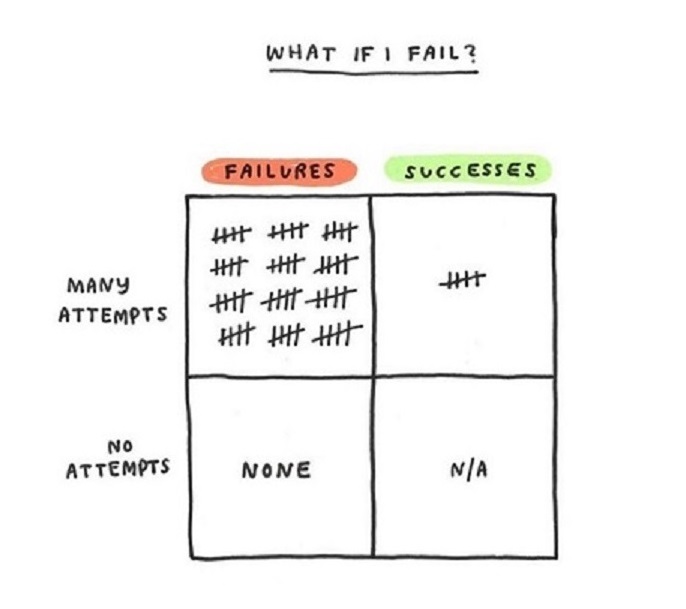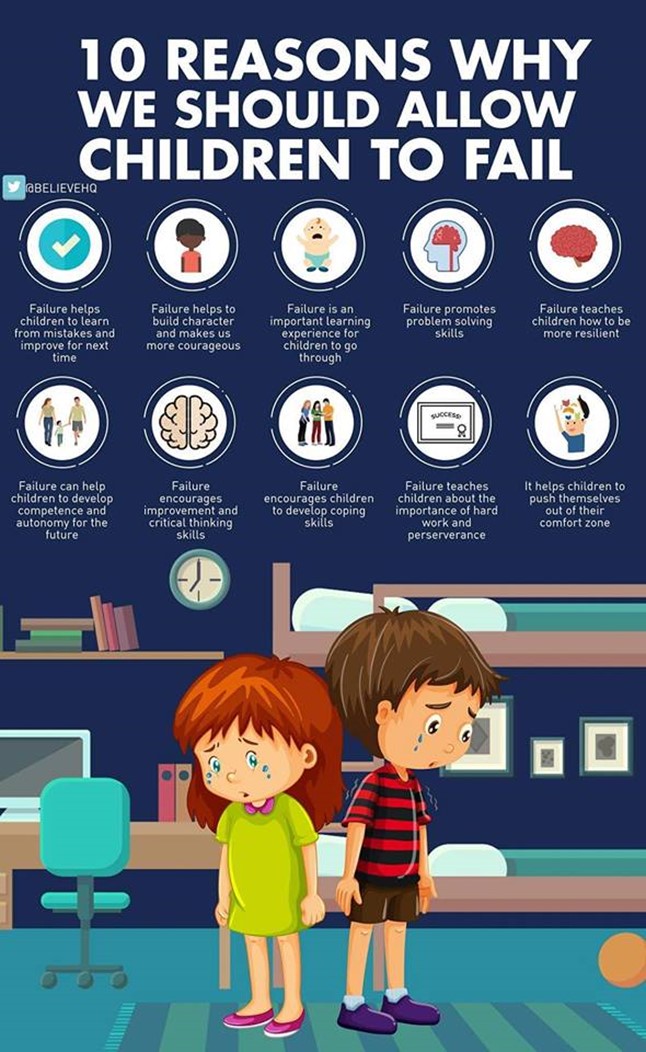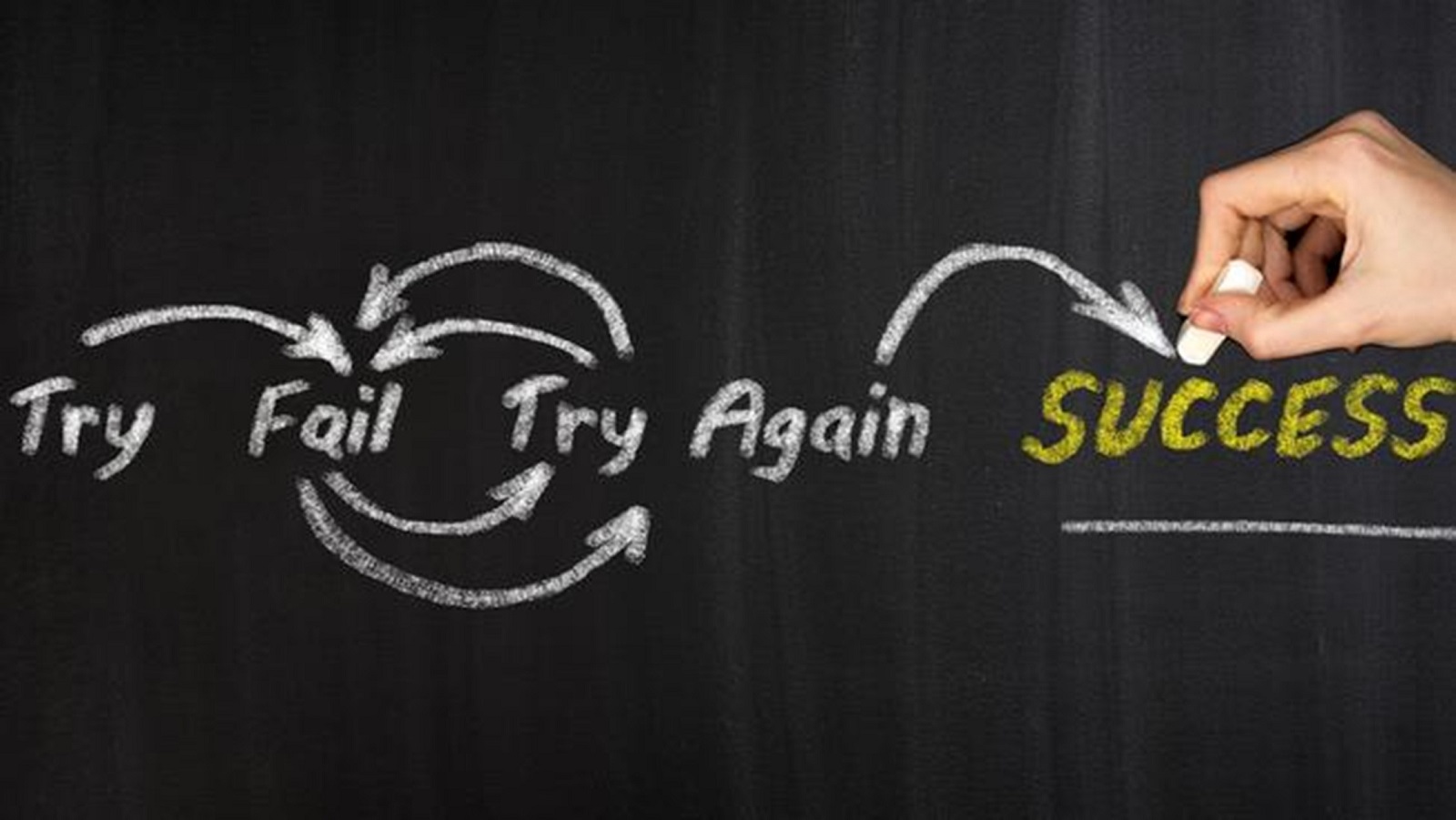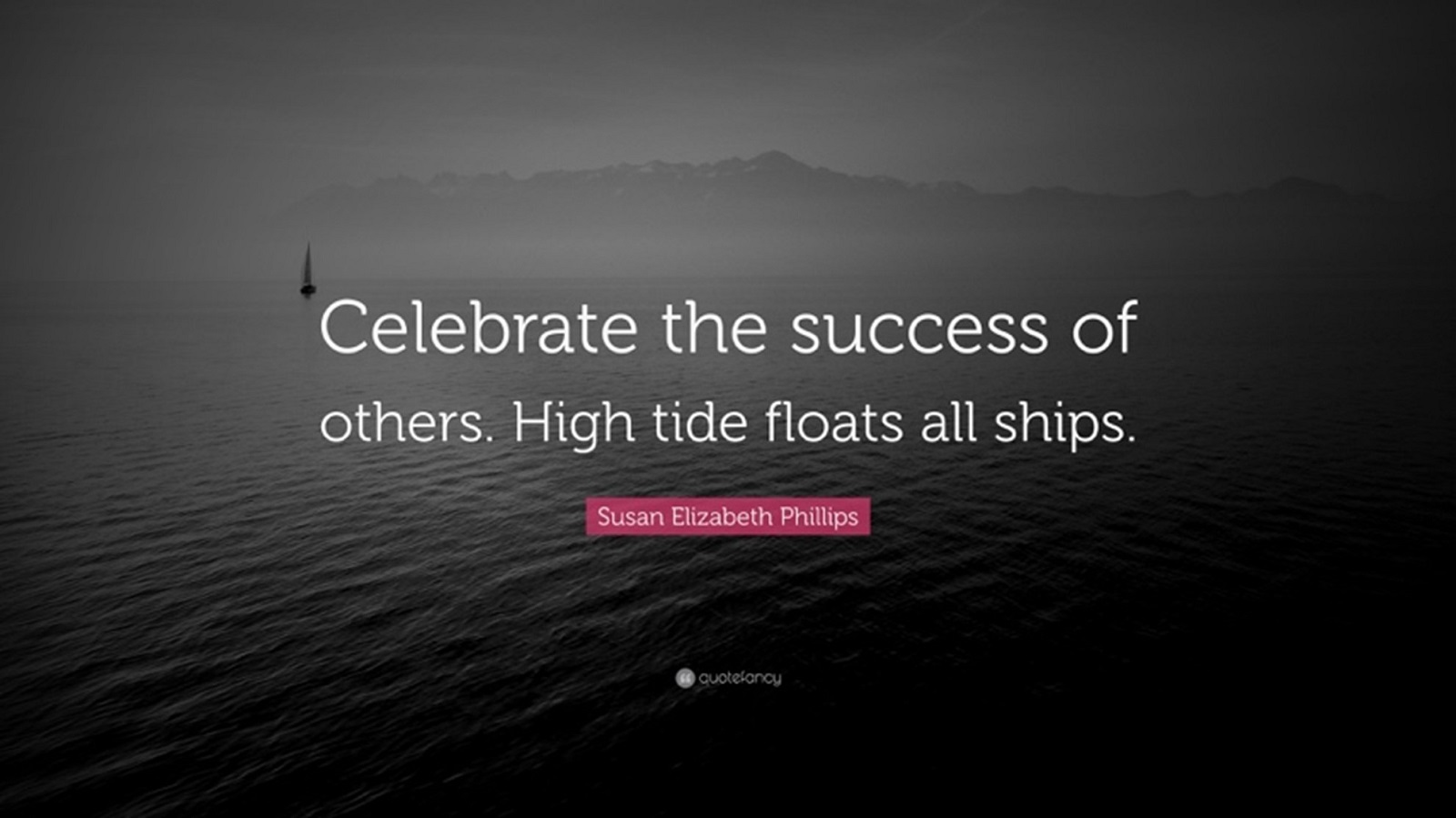We never lose, we either win or we learn…
Recently, I have been engrossed, inspired and quite taken back by The High Performance Podcast. The show explores the mindset, lifestyles and life experiences of prolific athletes, business leaders, educational gurus, and entrepreneurs to name a few. One major theme of the interviews that keeps appearing, and I can’t ignore due to its contextualization with our student body, is their relationship with the concept of failure. Most of the podcasts I have listened to so far would be incredible sources of motivation for our students.
We all experience and react differently to falling short. Some of us become more determined and it adds fuel to the motivational fire, to ensure that success is attained in the next part of the process. Other's will spend a period of mourning, feeling sorry for themselves and go through a longer process to step back on the treadmill. A small majority will take it in their stride and realise that it's all a part of the journey. Nelson Mandela’s approach was that of, ‘I never lose, I either win or I learn…’ If only we could all have this mindset, the potential for peak performance would be limitless. This article will explore the science behind falling short and how as a school community we could look at our aligned approach with the concept of ‘failure’ and our relationship with it as a tool for learning.
What if we normalise failure?
Let’s be honest, if we put things into perspective, our students are already living high-performance lifestyles. The pressure to perform is real, the competition can be tough and the need to succeed is felt by all. What if our student’s relationship with failure was different? What if it was ultimately positive and seen solely as a learning tool for future performances? In a school environment, failure can often be perceived as something that is ridiculed and a sign of poor performance. Failing at school should be a key component to everyday learning and growing experiences. It should be recognised by teachers, students, and parents. The ability to learn from setbacks has been proven astoundingly to enhance future performances. A study by Haimovitz and Dweck (2016) found that when parents or trusted adults see a student’s failure as ‘enhancing’ they react with a growth mindset and see opportunities to learn and grow. In turn, the process is seen as more important than the outcome and therefore there are higher levels of motivation and determination to achieve success. At DCB we actively encourage our students to take risks and learn from failure. When we as a school community learn to normalise failure, embrace it, and ultimately perceive it as learning opportunities, we will see a huge increase in our overall performance, happiness and wellbeing.


Learning is the key to maintaining a positive relationship with success and failure
Who hasn’t jumped up with joy at achieving something we have strived for and who hasn’t shed a tear if things have not gone our way? Depending on how well you take success and failure, you could be leaping from one giant extreme to another. Going from the depths of despair to unknown heights can’t be overly healthy, can it? The key is educating yourself through every process and learning through reflective practices. If we perceive each achievement or failure as an outcome or result, then the ability to improve and learn from our actions reduces dramatically. The whole process vs outcome combat comes into play here. If we really break things down and look at the biggest picture possible, the process never stops. Ex England Rugby star, Johnny Wilkinson refers to this as, ‘creating an internal environment for potential to blossom’. He referred to facing failure with ‘curiosity and intrigue’ and learning from the emotions and feelings that lead to every outcome. In other words, there are no barriers or restrictions to success or failure, it’s a lifelong process of learning about yourself. When we reflect on our actions and learn from our shortcomings, ultimately, we possess a more positive, powerful, and educated mindset.
- What have I learnt about myself as a result of this process?
- How did I react when I fell short of my goals?
- What feelings and emotions were in the way of achieving my full potential?
- What steps will I put in place to ensure I improve?
- What will I change about my mindset when I am faced with adversity moving forward?

The power of celebrating other people’s success…
This can be a difficult concept to live out and action at times, especially if you avidly engage in comparing yourself to others. The science behind it all teaches us that when we celebrate the success of others, we are reframing our notion of failure and replacing it with a sense of optimism. This sense of optimism and adopting praise to others can lead to more of a positive outlook on life. It also allows for the ability to put things into perspective when things don’t quite work out as you had planned. Finally, and importantly, it helps to achieve a greater sense of inner balance. Mindfulness teaches us that feeling and praising the happiness of others’ success, helps to achieve a balance of the mind. Next time you fall short out on the fields of play or don’t perform as well as your peers on the next class test, try and engage in some active, meaningful praise and celebrate their success. You will reap the benefits and forge a greater relationship with your perceived shortcomings.

As mentioned earlier, our students are already living high-performance lifestyles and are going through their own ups and downs. The ultimate message in this article, is that failure should be approached with an open mind, a growth mindset and it should be a vital part of our love of lifelong learning. In order to Live Worldwise, we must learn to fail worldwise, bounce back and realise that the process never stops as long as we grow from each experience. In the words of Mel Marshall, Great Britain’s most decorated Swim coach, ‘Go to bed an expert and wake up a novice.’
I have recommended three High Performance podcasts below. These are free to download and are on Apple Podcasts (please note some episodes may contain occasional swearing).
- Johnny Wilkinson (Episode 23) - Process vs outcome and being curious with your emotions during success and failure.
- Mel Robbins (Episode 83) - Being kind and true to yourself helps with dealing with setbacks.
- Bear Grylls (Episode 100) - Don’t let success go to your head or failure go to your heart.








